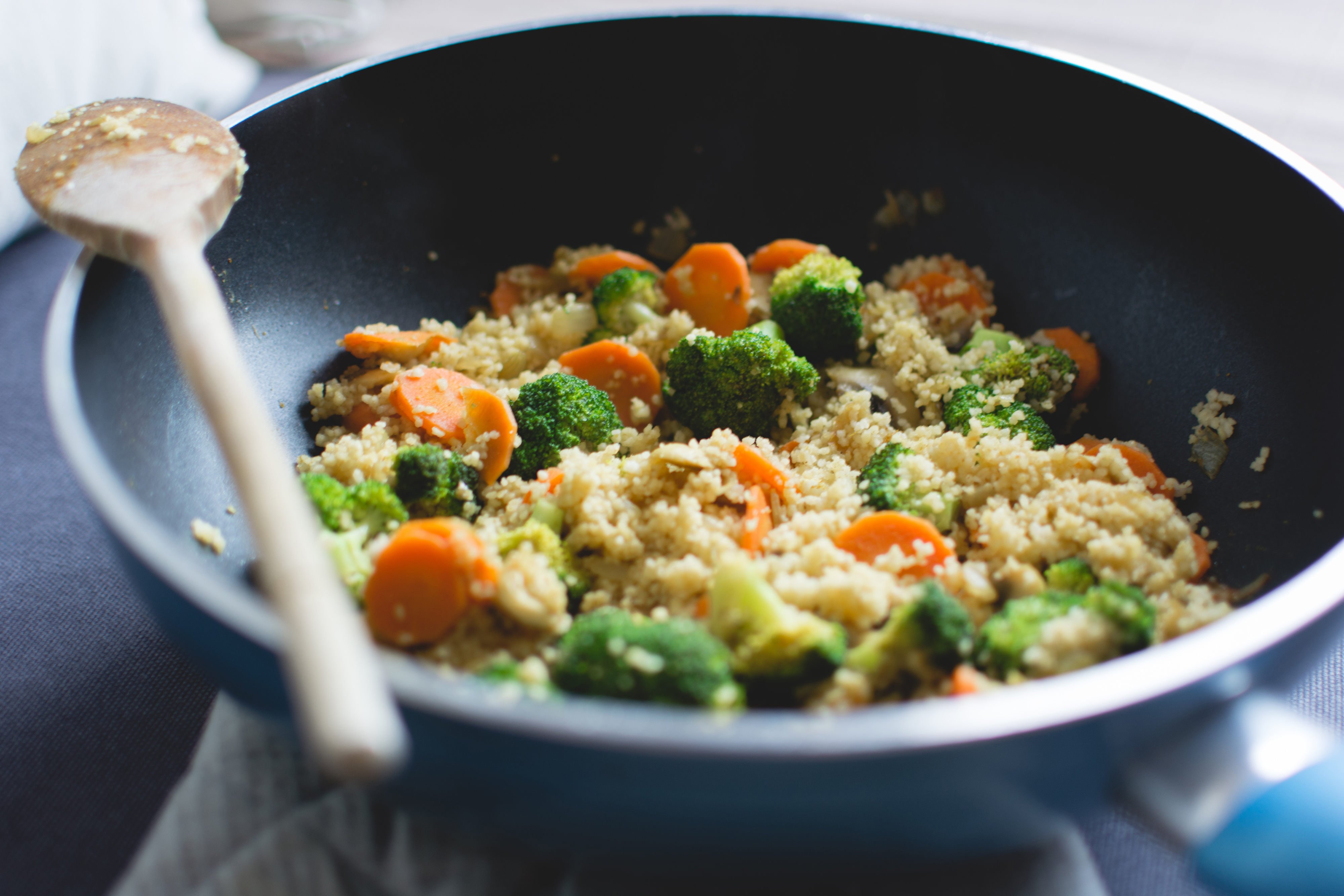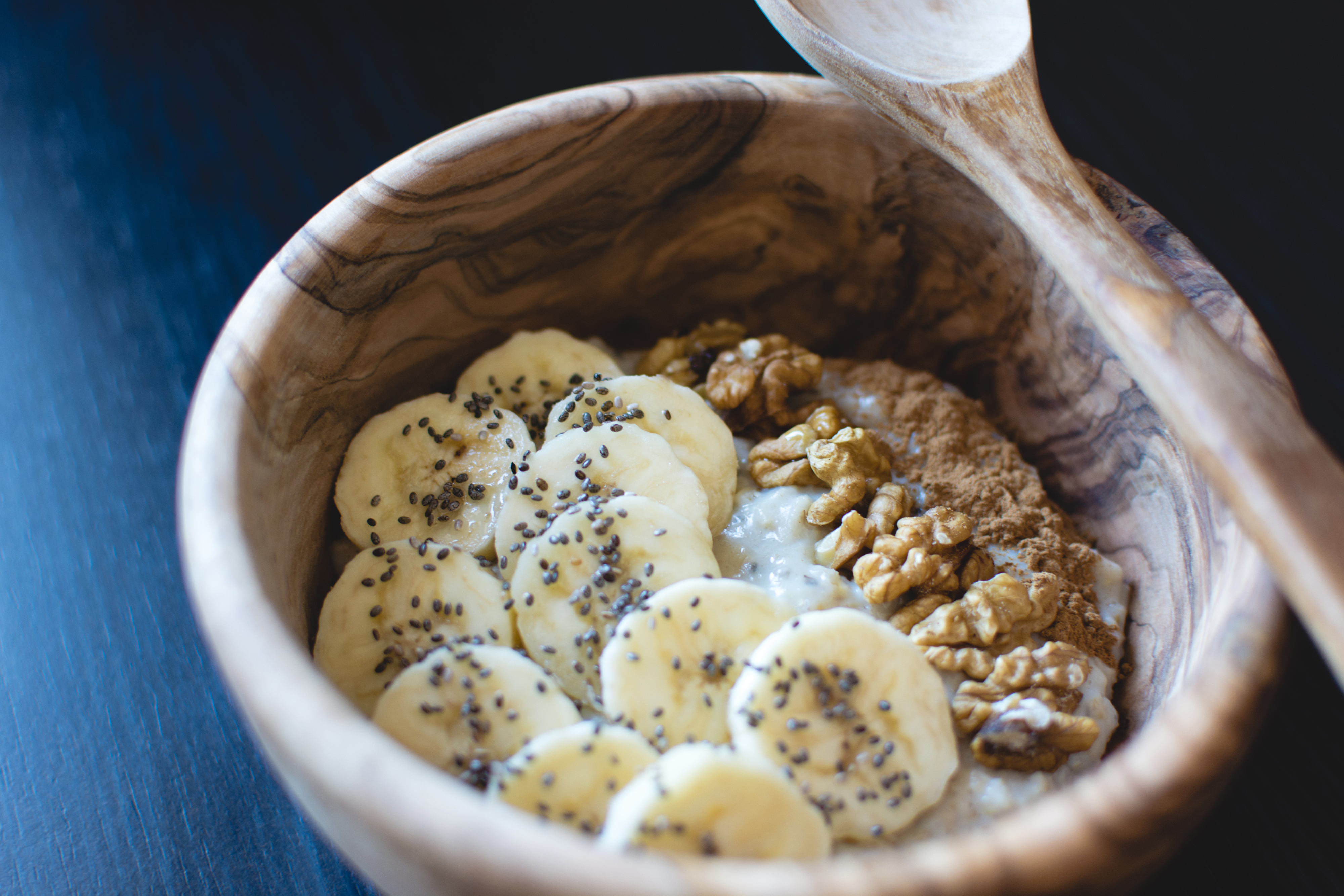Eating clean doesn’t have to be complicated nor pricey.
Clean eating starts with adopting a few basic healthy principles. Basically, it boils down to increasing the usage of nutrient-dense ingredients like fruits, vegetables, lean protein, whole grains, and heart-healthy nuts. It is also important to watch sodium, sugar and saturated fat consumption while eating the correct portion size. You can even save money if you plan correctly!
1. Limit your processed food intake
A recent study in JAMA Internal Medicine found that just one average sit-down restaurant meal contained more than half of most people’s recommended calories for a whole day, 83 percent of our saturated fat allotment and 151 percent of our recommended daily sodium. A good way to avoid eating out when you don’t have a lot of time to cook each day is to make your own frozen dinners.
You can do this, by preparing extra portions every time you cook, then frozen the extra portions in individual containers, label them and store them in the freezer. This way you save money, time and also avoid the extra calories, saturated fat and sodium intake.
2. Eat less meat and embrace beans
You don’t need to give up meat entirely, but cutting back your meat consumption helps you reduce saturated fat. But remember you still need to eat enough protein, and that is where beans come to the rescue. Beans are delicious, healthy and can improve cholesterol levels. During the First National Health and Nutrition Examination Survey, a study found that people who ate beans on an average of four or more times a week were 22 percent less likely to develop heart disease. Beans are also cheap and don’t require refrigeration. For the healthiest and least expensive option, buy dried beans. But if you are going to use canned, make sure to give them a good rinse to eliminate excess sodium.
3. Stock up on frozen veggies
Most people miss the average recommended portion of 3 cups of vegetables per day. Which means they are missing on key vitamins, minerals and fiber. Fresh vegetables can sometimes be expensive, and if you don’t eat them promptly, they often go bad. Frozen vegetables are a great way to make sure there are always vegetables on your plate and still maintain a good budget. Add frozen vegetables to your favorite dishes like stir-fries, soups, and pasta for a nutrient boost, or simply steam for an easy veggie side.
 5. Favor whole grains
5. Favor whole grains
Whole grains have beneficial nutrients, like magnesium to help your body produce energy and fiber to help you feel fuller longer. These same nutrients are taken out of refined grains while being processed. Which not only makes them less healthy but also contributes to weight gain, as these are processed faster in your body and leave you feeling hungry quicker. Good examples of whole grains include brown rice, quinoa, barley, oatmeal, whole-wheat pasta, and bread.


